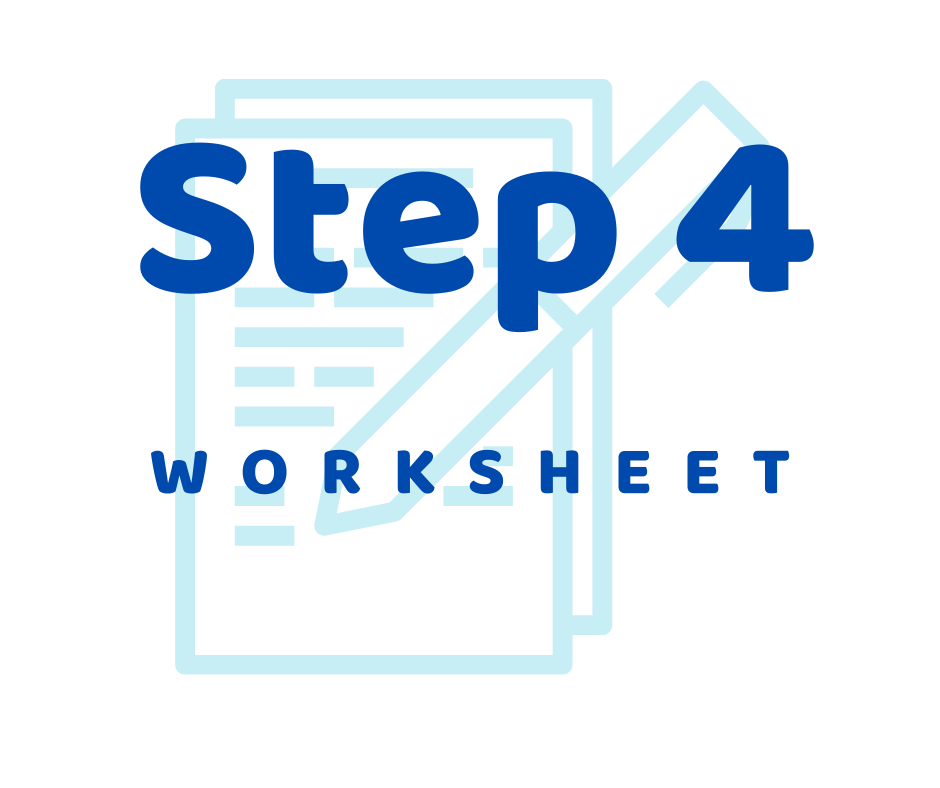Embarking on the journey of recovery from addiction can be a challenging and transformative experience. One of the key steps in the recovery process is the completion of a 4th Step Inventory Worksheet. This step is crucial in helping individuals take stock of their past actions, behaviors, and patterns that may have contributed to their addiction.
By completing a 4th Step Inventory Worksheet, individuals are able to identify and analyze the emotional, mental, and spiritual aspects of their lives that may have led them down the path of addiction. This self-reflection allows them to gain insight into their past behaviors and make amends for any harm they may have caused to themselves or others.
4th Step Inventory Worksheet
The 4th Step Inventory Worksheet is a tool used in 12-step programs, such as Alcoholics Anonymous and Narcotics Anonymous, to help individuals take a thorough and honest inventory of their past actions and behaviors. This worksheet typically consists of a series of questions that prompt individuals to reflect on various aspects of their lives, including their relationships, resentments, fears, and moral inventory.
Completing a 4th Step Inventory Worksheet can be a challenging and emotional process, as individuals are forced to confront their past mistakes and shortcomings. However, this step is essential in the recovery process, as it allows individuals to gain a deeper understanding of themselves and their addiction, and take responsibility for their actions.
Through the completion of a 4th Step Inventory Worksheet, individuals are able to identify patterns and triggers that may have contributed to their addiction, and develop strategies for coping with these challenges in a healthy and productive way. This self-awareness and introspection are key components of the recovery process, and can ultimately lead to long-lasting sobriety and personal growth.
In conclusion, the 4th Step Inventory Worksheet is a valuable tool in the journey of recovery from addiction. By taking the time to complete this worksheet and reflect on their past actions and behaviors, individuals can gain insight into the root causes of their addiction and develop a plan for moving forward in a positive and healthy way. Through self-reflection and accountability, individuals can achieve long-term sobriety and personal fulfillment.
